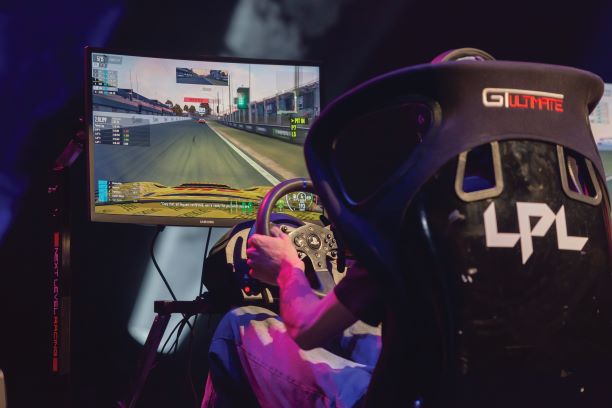Last month we profiled New Zealand based esports company LetsPlay.Live, who not only organise esports tournaments for gamers of all skill levels and preferred games across ANZ but also broadcast top-tier esports on television and on the online streaming platform Twitch.
This issue we take a deep-dive into how LPL’s esports tournaments are run, how to enter into the competitive video game space, and how gaming tournaments aren’t much different from traditional sports.
LetsPlay.Live, also known as LPL, runs three seasons of competitive video gaming per year. Each season runs for 8-10 weeks and offers various leagues for each esport title. Games with leagues include the more popular titles such as first-person shooters like Counter-Strike: Global Offensive and Rainbow Six Siege to MOBA games like Dota 2 and mobile title Clash Royale.
Each of the esports leagues will have different divisional ranks based on skill, from the free Open divisions to the elite Challenger and Pro leagues that players and teams must climb the ranks to qualify into. Some leagues have a variety of divisions for a larger player base, whereas others may just offer a free league or casual, one-off tournaments over a weekend.
Much like traditional sports, esports matches are typically held once or twice a week outside of working hours. Players or teams will be seeded into a match, must turn up to the matches on time and play at the scheduled time, then submit their match results into LPL’s platform. Teams will earn points for Wins, Losses and Draws, eventually tallying into Quarter, Semi and Grand final matches toward the end of each season. If a team or player doesn’t turn up to a match or pulls out of the tournament, the opposing team receives an automatic win. Repeat offenders may even receive warnings or bans from competing for a period of time.
At the end of the season, prize money is distributed and the top-placing teams have the opportunity to relegate, or “rank up”, into the more challenging divisions. The higher division you climb to, the more prize money there is to be won. Matches from elite divisions, such as Challenger and Pro, are often broadcast on Twitch.tv and national television in a full studio broadcast with commentators, broadcast graphics, team stats and more.
Some teams in the Pro divisions of particular games are even invited to attend LAN finals, flown out to SkyCity in Auckland, New Zealand to compete in LPL Studios located in the Sky Tower or in front of a live audience at the SkyCity Theatre.
Kiwis interested in giving esports a go can look forward to Season 3 of LPL’s 2020 Leagues, with registrations opening for all skill levels at the beginning of the month. LPL broadcasts begin September 21st – check out letsplay.live for more information.


